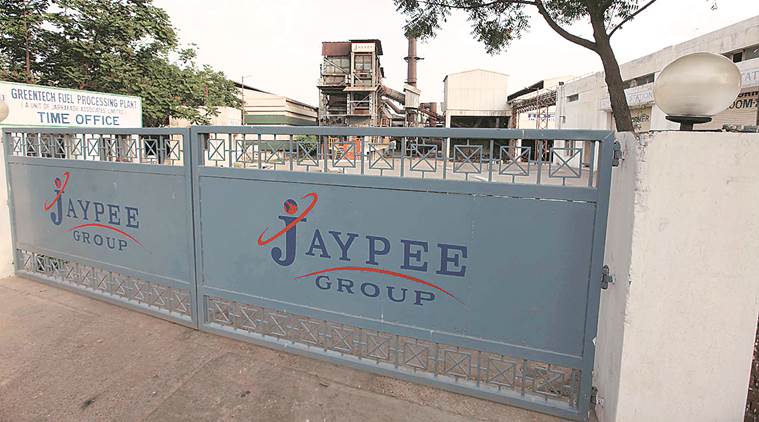 The Construction and Demolition waste plant will now be making 4,000 pavers, sewers, manhole covers on a daily basis. Earlier its casting unit was producing 2,000 items in a day. (Representational)
The Construction and Demolition waste plant will now be making 4,000 pavers, sewers, manhole covers on a daily basis. Earlier its casting unit was producing 2,000 items in a day. (Representational)
The Chandigarh civic body, on Sunday, raised a demand of as many as 70,72,536 paver blocks and PCC tiles along with various other things from its construction and demolition plant.
In a detailed list prepared by the engineering wing, the MC specified that there was a requirement of 34,19,231 80mm and 2625471 60 mm pavers. Other than this there is also a requirement of 10,27,834 PCC tiles. This demand has been made in totality by Superintending engineer Building and roads, SE public health and other wings.
When asked about the need for these many pavers and tiles, Chief Engineer Municipal Corporation, Shailender said, “Infact, in many existing streets and places, these are to be replaced or changed. Internal streets of villages have to be made of pavers only due to their suitability since the area is quite small and road recarpeting machines can.t even enter.”
The Construction and Demolition waste plant will now be making 4,000 pavers, sewers, manhole covers on a daily basis. Earlier its casting unit was producing 2,000 items in a day.
The engineering wing has also specified a requirement of 1000 manhole covers, 6000 road gully covers and various kerbs and channels in its list.
Congress councillor, Devinder Singh Babla, pointed out that the administration has already stated the city has an excess of concrete. “Now because there has been brake on the purchase of pavers, they will be splurging money on installation of these pavers. There will be contractors who will be installing these pavers,” said Babla.
Last year, the civic body was criticised for laying pavers in the city even at places which did not require them. Experts have already raised questions on civic body’s move, as it is leading to over concreting that leads to flooding in the city. Environmentalists and architects have also strongly objected to laying of pavers, saying that these interventions are ruining the tree cover and original green character of Chandigarh and will eventually heat up the micro-climate of the city.
They suggested that because of these paver, only little water is able to infiltrate into the soil. Experts also pointed out that these pavers eat up the space which can otherwise be used for grass and plantation.